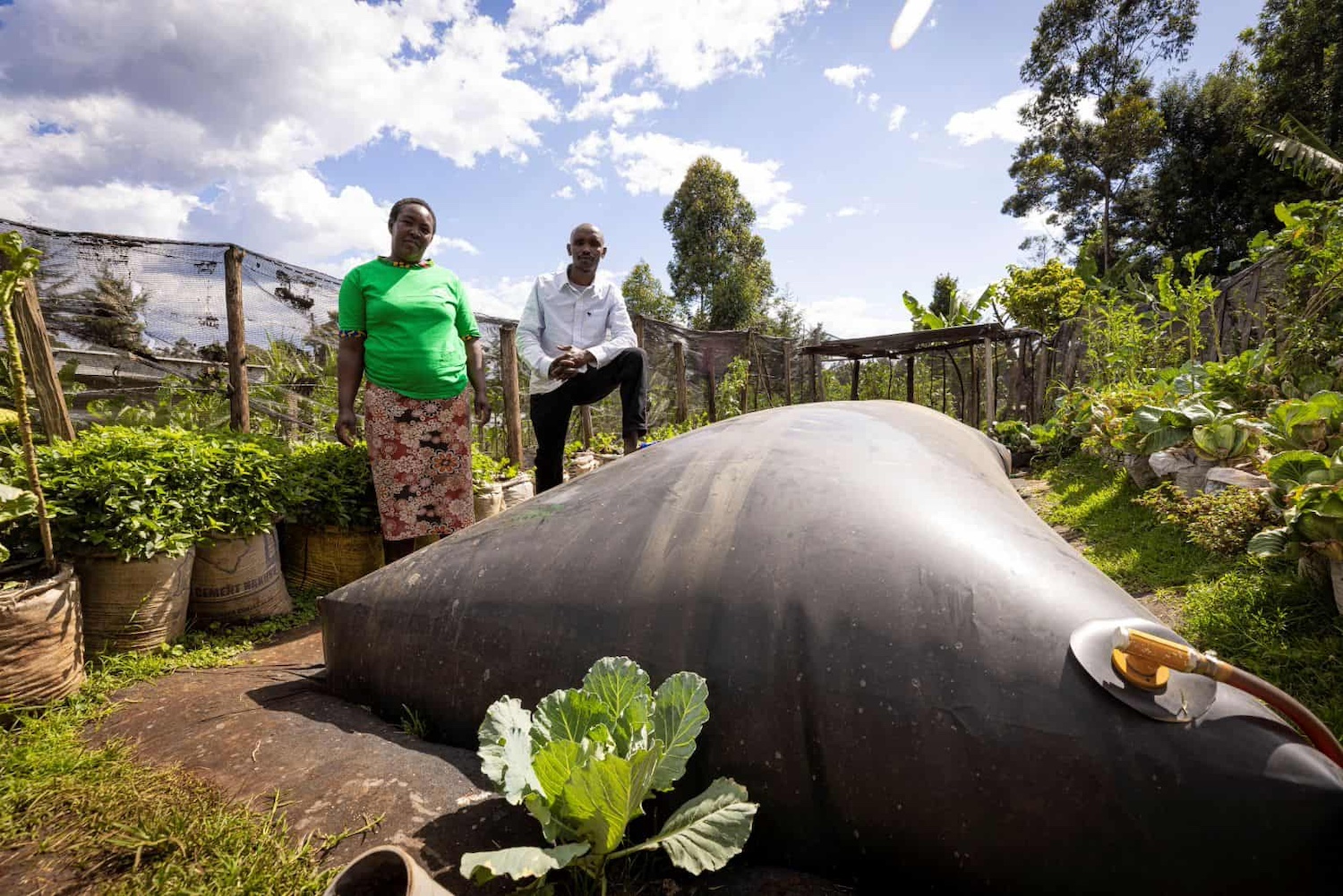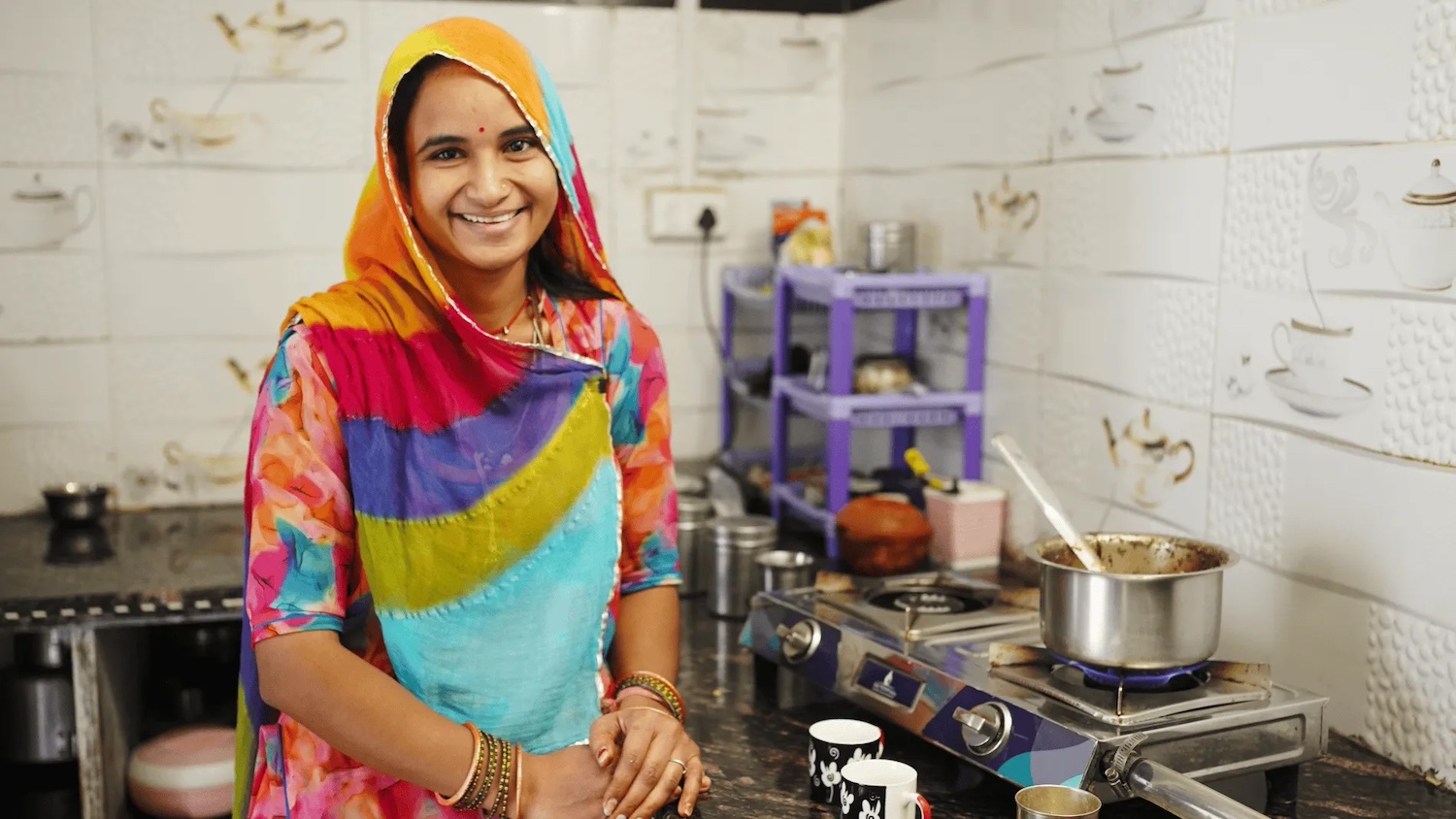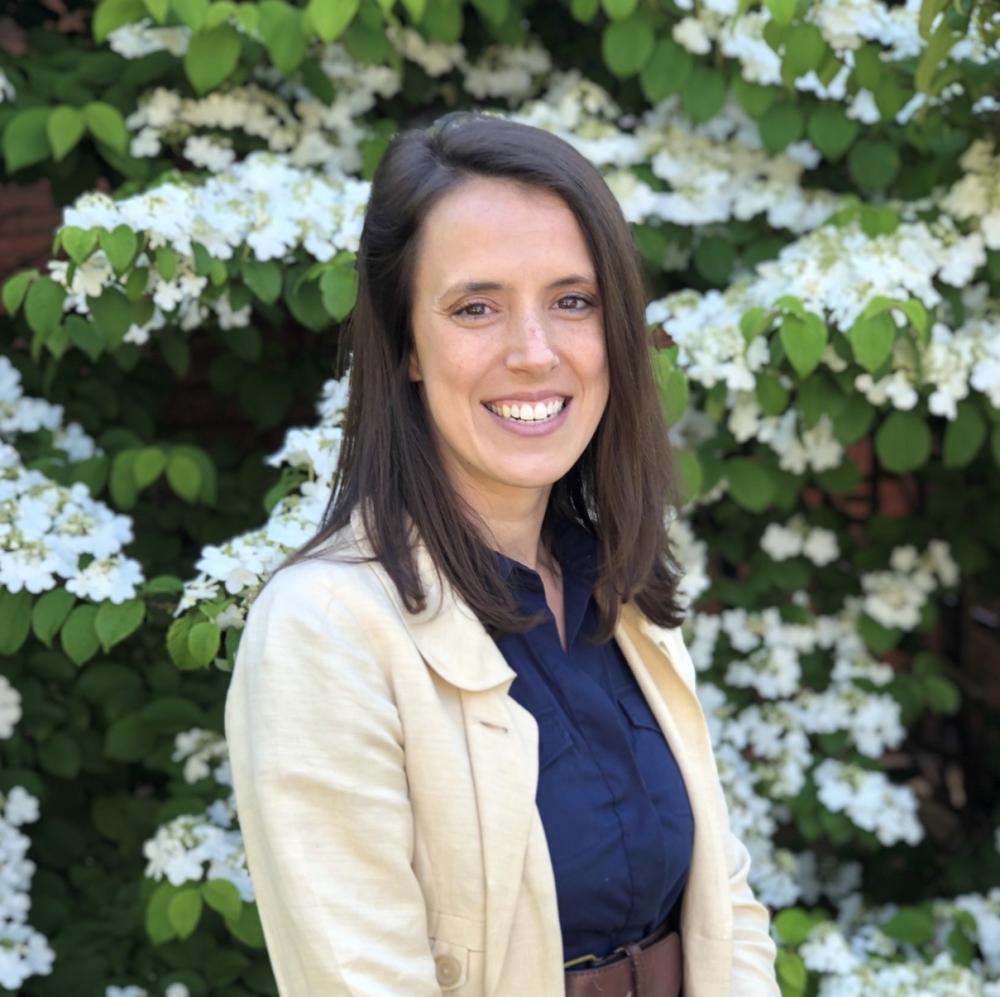
A Sistema.bio biodigester in India produces organic biofertilizer and biogas that replaces firewood and fossil fuels, helping reduce emissions and improve air quality. (Image courtesy of Sistema.bio.)
Global food and beverage company Danone joined forces with Sistema.bio, a leading biogas and regenerative agriculture enterprise, to deploy 6,500 biodigesters to smallholder dairy farms at no cost. It’s an effort to decarbonize the dairy sector and improve livelihoods for farmers in emerging markets.
“This program is about empowering communities with practical, affordable technology that makes dairy farming more sustainable and profitable,” said Piyush Sohani, chief growth officer and India managing director at Sistema.bio. “It’s a win for the farmers, for the environment, and for the future of agriculture.”
The initiative is fully funded by Danone, allowing participating farmers to access the systems without financial burden. Danone sources milk from more than 60,000 farmers around the world, many of whom operate smallholder farms with fewer than 20 cows. These small farms often rely on firewood or liquified petroleum gas for cooking and typically use chemical fertilizers for growing crops, both of which come with significant environmental and economic costs.
Biodigesters offer a practical solution by converting livestock waste into biogas to fuel stoves and generators. This clean, renewable energy source reduces household energy costs and eliminates the need for other fuels that can harm overall air quality. At the same time, the system produces nutrient-rich organic fertilizer, lowering the farmers’ dependence on commercial fertilizers and supporting more sustainable agriculture.

Sistema.bio’s biodigester technology is specifically designed for small-scale farming operations. The digesters resemble large, flexible membrane bags partially buried underground. Farmers feed livestock manure into the sealed, airtight system, where microorganisms break it down and begin producing usable gas within a few days.
“The gas line comes out of the plastic membrane and is used for cooking,” Sohani said. “The slurry output is a powerful biofertilizer. It’s a simple, scalable solution.”
Each system can eliminate 6 to 10 tons of carbon dioxide annually, depending on its size and geographic context. In addition to cutting emissions from firewood and liquified petroleum gas, the digesters help reduce methane emissions from open manure pits, which are a major source of agricultural greenhouse gases.
The economic benefits for farmers are immediate. “The first savings come from cooking,” Sohani said. “The second, more significant impact is reducing the use of chemical fertilizer. It directly supports regenerative agriculture.”
Danone’s partnership with Sistema.bio is built on inclusivity and community engagement. Farmers help install and maintain the systems. Each system includes a biogas cookstove, inlet and outlet tubes, gas lines, and optional accessories like electricity generators or double-burner stoves.
“Our aim is to make the technology easy to install and maintain,” Sohani said. “It doesn’t require new infrastructure or complex construction. It can be set up in just a few days.”

Danone intends to incorporate the emissions reductions into its supply chain carbon accounting. For companies, these systems provide a verified way to reduce their Scope 3 emissions, which are indirect emissions associated with suppliers and agricultural producers.
“This is how corporations can lead on sustainability,” Sohani said. “Danone is setting an example by investing in solutions that reduce emissions while supporting the people who make their products possible.”
Sistema.bio’s biodigesters are designed for flexibility and affordability. The modular systems can be customized to match a farm’s size and energy needs. Most of the farms it works with have between three and 30 cows, but the technology is scalable. For farms with more than 60 cows, biogas can be used to generate electricity through small generators, replacing unreliable grid power or diesel backup systems.
While Danone is covering the costs for farmers in this program, affordability remains a key barrier to large-scale adoption. Even though the systems are cost-effective over time, the upfront investment can be too steep for many farmers in low-income regions.
To overcome this, Sistema.bio uses carbon credits and corporate partnerships to subsidize costs. Its projects are registered with Gold Standard, a nonprofit that sets global standards for climate and sustainable development initiatives, to ensure emissions savings are verified and monetizable.
“We work with companies to design programs that meet their supply chain goals,” Sohani said. “In the case of Danone, they’re sourcing milk from thousands of smallholder farmers and want to reduce their carbon footprint. Biodigesters help them do that while creating tangible value on the ground … With 100 million smallholder farmers worldwide, the potential for scale is enormous. If we can make the technology more accessible, we can bring a climate-smart revolution to agriculture.”
Sohani called on other companies to invest in clean energy for rural supply chains to help make that possible. “Biodigester technology has a critical role to play in reducing agricultural emissions and improving productivity,” he said. “It’s time for more corporations to step up and support regenerative agriculture.”

Mary Riddle is the director of sustainability consulting services for Obata. As a former farmer and farm educator, she is passionate about regenerative agriculture and sustainable food systems. She is currently based in Florence, Italy.














